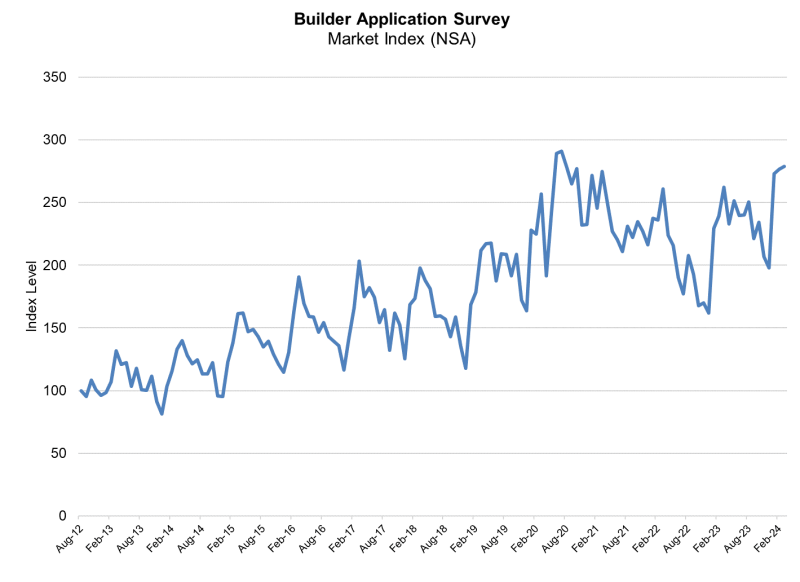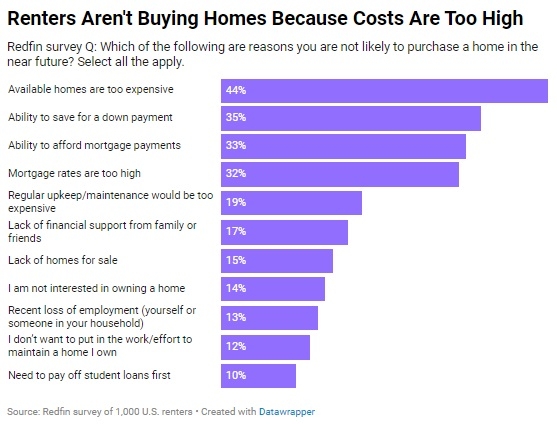Advertisement
Appraisal Compliance and Processes: What You Need to Know

It’s clear that constantly changing rules makes keeping pace in the valuation compliance arena very challenging for lenders to effectively and consistently manage. There are so many aspects of compliance that lenders must stay on top of, or they risk making errors and being out of compliance, which can slow the appraisal process, increase costs, and worse yet, result in steep fines. Even though the Home Valuation Code of Conduct (HVCC) is technically no longer in existence, we still have remnants of it that must be adhered to. We also have the 25,000-page Dodd-Frank Act to contend with, the Consumer Financial Protection Bureau (CFPB) and the prospect of a potential audit, GSE compliance requirements, and federal and state-based regulations.
The aforementioned can be an overwhelming undertaking for any lender to manage. Further, the appraisal process in and of itself is intricate, involved and lengthy. This makes compliance not only business-critical, but the internal appraisal process that lenders develop becomes equally as important. That process needs to be workflow-driven in order to efficiently complete appraisals and sell compliant loans.
Handling appraisals manually is not the way to manage the appraisal process. Lenders cannot turn on a dime and respond to new rules and regulations with a manual process and they cannot complete appraisals expeditiously. A well-thought-out process to manage appraisals is paramount to remaining in compliance and achieving efficacy. If you do it right, you’ll lower your costs, reduce risk, prevent instances of fraud, speed up turn times and sell loans with quality appraisals that won’t come back to haunt you.
So how do you achieve this? It can be outsourced to an appraisal management company (AMC); however, you must be discriminating when doing so, as many AMCs lack quality and the lender is ultimately responsible for any errors the AMC makes. Alternatively, you can arrive at sound internal processes and workflows coupled with enterprise-class valuation management technology.
The right type of valuation technology should be 100 percent Web-based, simple to use, workflow-driven, contain configurable business rules to drive internal processes, and have a track record of keeping lenders in full compliance. It should also be able to integrate tightly with your loan origination system (LOS) to eliminate data re-entry and prevent errors or missing information. Good valuation management technology will handle key functions such as vendor management, appraisal ordering, appraiser assignments, tracking, accounting, electronic delivery, automated reviews and scoring of appraisals, and compliant passage to the GSE’s Uniform Collateral Deliver Portal (UCDP). Some solutions only handle portions of the process and are not an all-in-one platform. Also, look for a solution that accompanies a mobile application for smartphones and tablets to allow appraisers working in the field to communicate and receive orders and updated statuses that help them perform tasks on-the-go.
You have two choices: Outsource your appraisal process to AMCs that are proven to be of high-quality or engage with a technology vendor to implement a valuation management solution that automates the entire process. Whatever you do, don’t make the mistake that many lenders do—attempt to tackle the complex appraisal process manually by adding staff. This isn’t a do-it-yourself undertaking. Your business is too important to risk it.
Vladimir Bien-Aime’ is president and chief executive officer of Global DMS. Since co-founding Global DMS in 1999, Bien-Aime’ has grown the company to capture a leading share of the appraisal management segment, with a client base of over 20,000 unique users and a 100 percent retention rate among lender clients. He may be reached by phone at (877) 866-2747 or visit www.globaldms.com.
About the author





